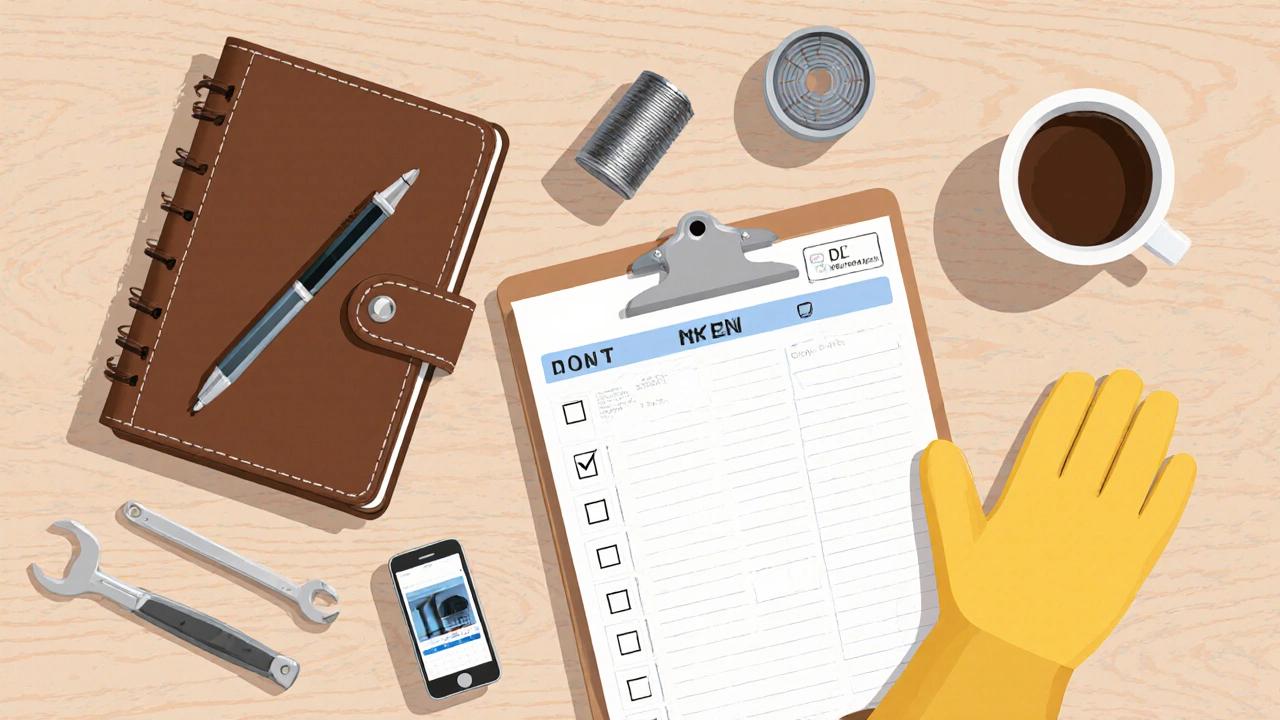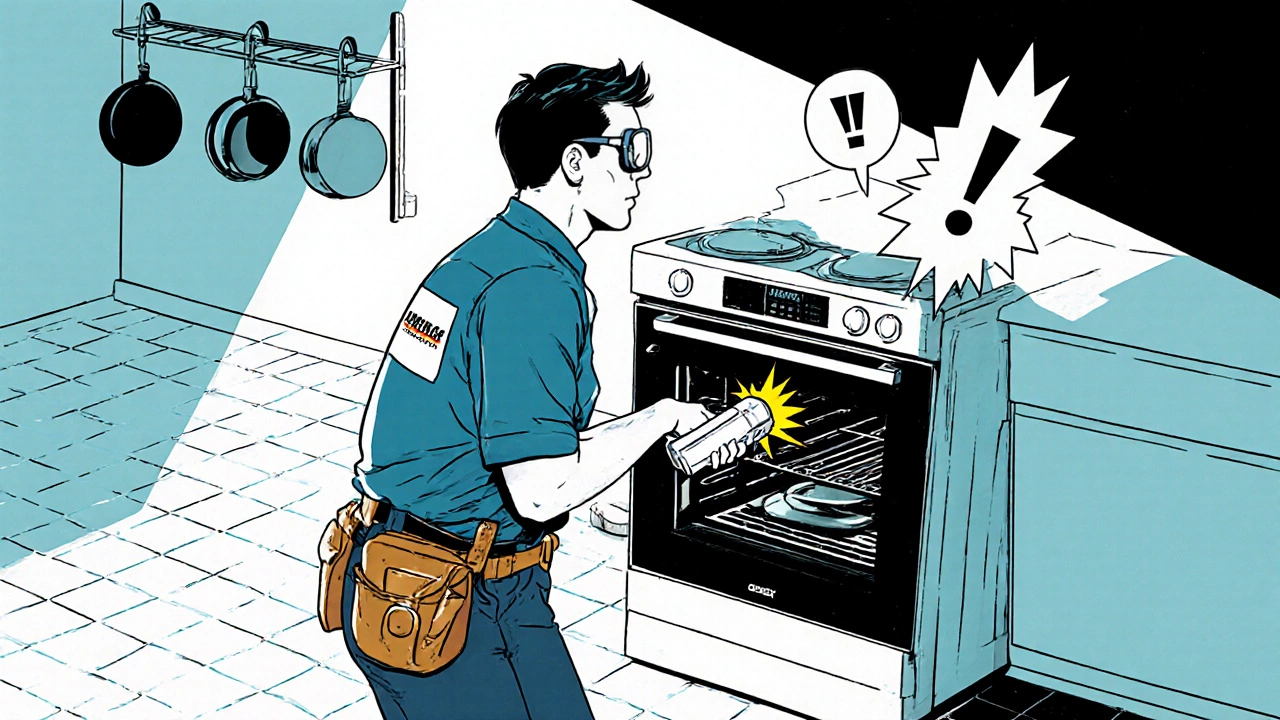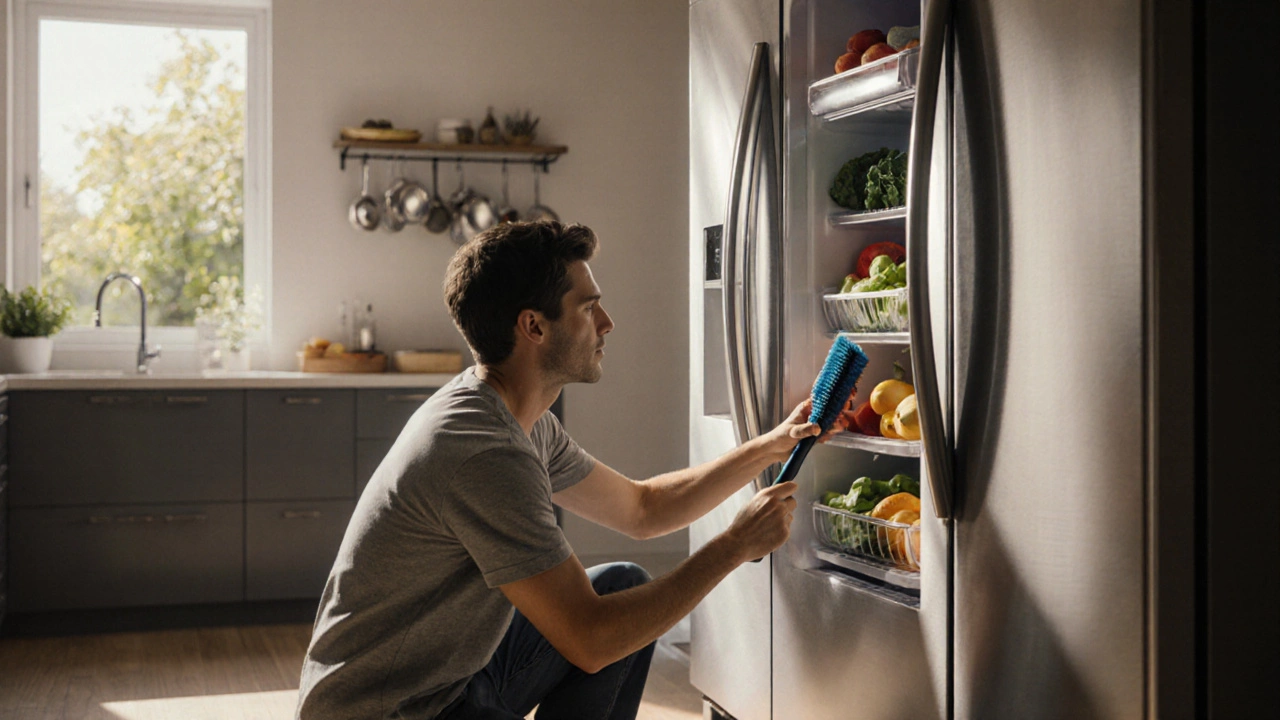Quick Summary
- Appliance maintenance means regularly checking and caring for home appliances to keep them efficient and safe.
- Preventive maintenance catches problems early, saving money on big repairs.
- A simple service schedule (monthly, quarterly, yearly) covers most major devices.
- DIY tasks are fine for cleaning, but motors, gas connections, and sealed systems need a professional.
- Keeping a log of service dates helps warranty claims and resale value.
When you hear the phrase Appliance maintenance is the routine care and inspection of household devices designed to keep them running safely, efficiently, and for as long as possible, you might wonder how practical it really is. The short answer: it’s the difference between a fridge that hums quietly for years and a sudden breakdown that leaves you without food. This guide breaks down what appliance maintenance actually involves, why it matters, and how you can set up a simple plan that fits a busy Wellington household.
Understanding Appliance Maintenance
At its core, appliance maintenance is a blend of cleaning, inspection, and minor adjustments that follow the manufacturer’s recommendations. It’s not a one‑size‑fits‑all checklist; each device has its own quirks. Below are the three pillars that define a solid maintenance routine:
- Preventive maintenance is proactive actions taken to avoid unexpected failures, such as cleaning filters or checking seals before a problem appears.
- Technical inspection is a visual and functional review performed by a qualified technician, often required for gas‑fueled or sealed‑system appliances.
- Service schedule is a calendar of tasks-monthly, quarterly, yearly-tailored to each appliance’s needs.
Why Regular Maintenance Pays Off
Skipping maintenance might seem harmless until a small issue spirals. Here are the biggest benefits you’ll notice when you stick to a plan:
- Energy savings: A clean refrigerator condenser can improve efficiency by up to 15 %.
- Extended lifespan: Properly lubricated washing‑machine bearings often outlive the typical 10‑year warranty.
- Safety: Regular checks of gas‑oven seals prevent leaks that could lead to carbon‑monoxide exposure.
- Warranty compliance: Many manufacturers void warranties if preventive steps aren’t documented.
Core Components of a Maintenance Plan
Building a plan doesn’t have to be rocket science. Start with three easy steps:
- Inventory your appliances is listing every major device, its model, purchase date, and warranty status. A spreadsheet works fine, or use a simple notes app.
- Map each device to a service schedule based on manufacturer guidance-typically monthly filter checks, quarterly deep cleans, and annual technician visits.
- Set reminders. Calendar apps on your phone let you create repeat events with a note field for the specific task.

Typical Maintenance Tasks by Appliance Type
| Appliance | Task | Frequency |
|---|---|---|
| Washing machine is a front‑ or top‑loading appliance that agitates clothes with water and detergent | Clean lint filter, check door seal | Monthly |
| Refrigerator is a cooling unit that keeps food at safe temperatures using a sealed refrigerant loop | Vacuum condenser coils, wipe interior shelves | Quarterly |
| Oven is a heating chamber typically powered by electricity or gas for baking and roasting | Inspect gas line (if gas), clean bake‑stone, calibrate thermostat | Yearly (professional) |
| Dishwasher is a machine that sprays hot water and detergent to clean dishes | Clean spray arms, check filter | Monthly |
| Water heater is a tank or tank‑less system that heats water for domestic use | Flush sediment, test pressure‑relief valve | Yearly (professional) |
DIY vs. Professional Service: When to Call the Experts
Not every task requires a tradesperson. Here’s a quick rule‑of‑thumb:
| Task | DIY? | Professional? |
|---|---|---|
| Cleaning filters & coils | Yes | No |
| Replacing oven heating element | No (unless experienced) | Yes |
| Inspecting gas connections | No | Yes (licensed gasfitter) |
| Flushing water‑heater sediment | Yes (if confident) | Yes (for warranty) |
When in doubt, remember that a qualified technician’s visit is often covered under a manufacturer warranty if you’ve kept proper service records.
Keeping Records: The Unsung Hero of Maintenance
Every time you finish a task, jot it down. A basic log entry should include:
- Date of service
- Performed task
- Who did it (self, plumber, electrician)
- Any parts replaced (part number, cost)
These notes become valuable when you sell your home-buyers love to see a well‑maintained appliance history.

Warning Signs That Your Appliance Needs Immediate Attention
Even with a perfect schedule, appliances can surprise you. Watch for these red flags:
- Unusual noises (squealing, grinding)
- Excessive vibration or movement
- Leaking water or fuel
- Foul odors or smoke
- Performance drop (longer wash cycles, higher energy bills)
If any of these appear, halt use and schedule a professional inspection-especially for gas‑fired ovens or water heaters.
Tips to Extend the Life of Your Appliances
- Don’t overload washing machines or dryers; the extra strain shortens drum life.
- Use the correct detergent type-HE (high‑efficiency) for front‑load washers.
- Keep fridge doors closed as much as possible; frequent opening raises the compressor’s workload.
- For ovens, avoid placing heavy pots directly on the heating element; use a proper bake tray.
- Install water softeners if you have hard water; they reduce scale build‑up in dishwashers and water heaters.
Frequently Asked Questions
How often should I clean my fridge coils?
At least once a year, preferably before summer when the compressor works hardest. If you notice the fridge running louder than usual, clean them sooner.
Can I service a gas oven myself?
No. Gas connections must be inspected and serviced by a licensed gasfitter. Attempting DIY work can void warranties and pose safety risks.
What does a "sealed system" mean for a dishwasher?
A sealed system has a self‑contained water pump and circulation loop that can’t be opened without special tools. Only a professional should service it.
Does regular maintenance affect appliance warranties?
Yes. Most manufacturers require proof of preventive maintenance-like filter cleaning receipts-to honor warranty claims.
How can I track maintenance for multiple appliances?
Use a simple spreadsheet with columns for appliance name, model, last service date, next due date, and notes. Google Sheets lets you set conditional formatting to highlight overdue tasks.
Sticking to a basic maintenance routine may feel like just another checkbox, but the payoff shows up in lower bills, fewer emergency calls, and longer‑lasting appliances that keep your Wellington home running smoothly.





